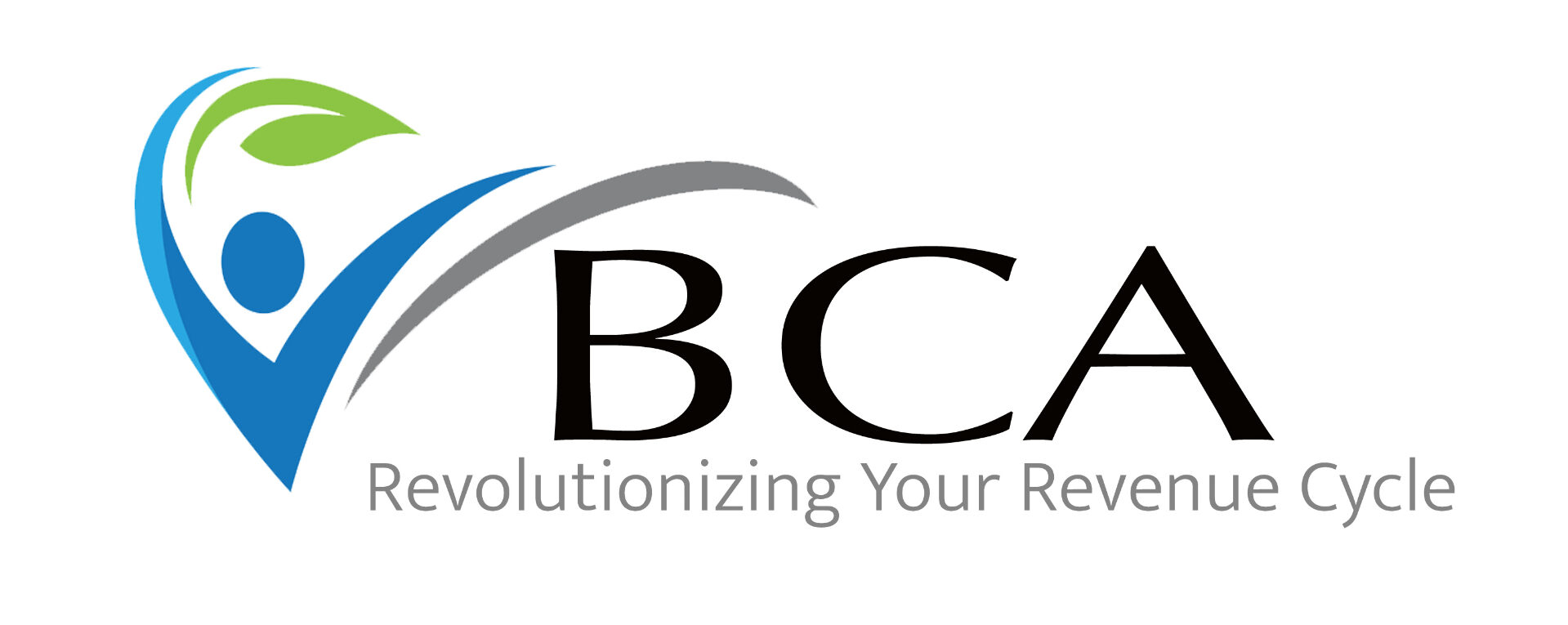Clinics and healthcare providers are always seeking ways to enhance quality outcomes and patient satisfaction. The Patient-Centered Medical Home (PCMH) recognition offers a comprehensive, patient-focused approach that prioritizes care coordination, patient engagement, and improved health outcomes. PCMH certification is not just a milestone for quality care; it is a transformative process that reshapes the dynamics of primary care, impacting every aspect, from patient satisfaction to clinical efficiency.
How PCMH Certification Enhances Quality Outcomes
Achieving PCMH recognition is a proven way to bolster the quality of care in primary care settings. It does this by fostering a team-based care model where all providers are aligned in their efforts to treat and manage patients. A PCMH-certified clinic emphasizes preventive care, proactive management of chronic conditions, and reducing the risk of medical errors by ensuring that all patient data is centralized and accessible to the care team. This collaborative approach significantly improves health outcomes, including lower hospitalization rates and better management of chronic diseases like diabetes and hypertension.
Practical Steps to Achieve and Maintain PCMH Certification
The path to PCMH recognition requires thoughtful preparation, resources, and commitment. Here are some practical steps a clinic can take:
- Conduct a Readiness Assessment: Evaluate your practice’s current operations and compare them against PCMH standards. Identify gaps in care coordination, patient access, or communication that must be addressed.
- Enhance Care Coordination: Establish robust systems that facilitate communication across various providers, including specialists and primary care providers. Effective EHR use can streamline this process, ensuring that all relevant information is available when needed.
- Engage Patients in Their Care: PCMH requires practices to engage patients actively in their care journey. Utilize patient portals, personalized care plans, and outreach programs to involve patients in decision-making and ensure follow-up on critical health issues.
- Train and Support Your Team: PCMH standards demand a cohesive and well-coordinated team. This requires investing in ongoing training for staff members, ensuring that everyone, from doctors to administrative staff, understands their role in delivering patient-centered care.
- Maintain Continuous Quality Improvement (CQI): Achieving PCMH recognition is not a one-time task. Clinics must continuously evaluate performance metrics, adjust workflows, and ensure they meet all the criteria to maintain certification.
The Impact of PCMH on Patient Satisfaction and Care Coordination
Beyond clinical outcomes, PCMH certification directly influences patient satisfaction. Patients who receive care from PCMH-recognized practices report higher satisfaction due to better communication with providers, increased access to preventive services, and personalized care plans. Patients feel more supported and confident in their care when they know their providers work collaboratively to manage all aspects of their health. Additionally, the streamlined care coordination inherent in PCMH models minimizes the chances of miscommunication or missed follow-ups, which can significantly improve patient trust and loyalty.
Implementing PCMH recognition in your practice enhances clinical outcomes and the overall patient experience. As the healthcare industry continues to focus on value-based care, PCMH certification will remain an essential tool for clinics aiming to deliver high-quality, coordinated care. By embracing the PCMH model, your clinic can become a primary care leader, achieving better patient outcomes while improving operational efficiency.
At BCA, we offer comprehensive auditing and consulting services to support your practice in maintaining compliance and enhancing the quality of care. Please contact us at info@bcarev.com to learn more about our tailored solutions and how we can help you optimize your quality initiatives.
